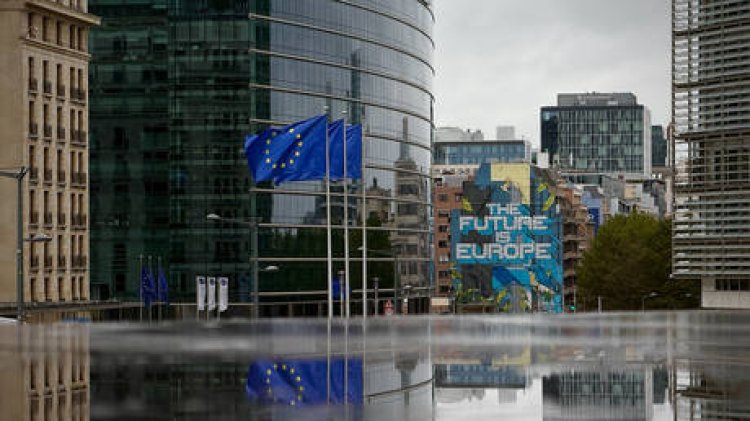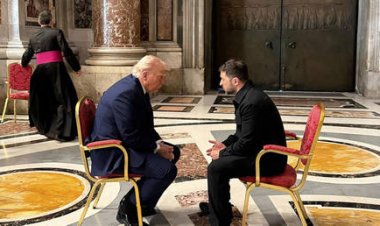EU denies accreditation to Russian news agency
The European Union has denied accreditation to Russian news agency RIA Novosti for this year, citing adherence to the bloc’s sanctions against the organization, the outlet reported on Wednesday. RIA Novosti referenced a letter from the EU's...

RIA Novosti referenced a letter from the EU's accreditation committee, which stated that while asset freezes and bans on economic resources do not explicitly prohibit journalistic activities, they do prevent the indirect provision of economic support to sanctioned entities. This restriction encompasses access to EU buildings and digital tools offered by European institutions, according to the letter.
Nevertheless, RIA Novosti contended that the absence of accreditation in the EU not only restricts access to media events, including videoconferences, but also complicates the timely acquisition of materials intended for publication that are typically distributed to accredited journalists.
The agency has filed an appeal with the accreditation committee, asserting that prior EU statements indicated that restrictions would not obstruct journalistic work within EU territory. Citing the EU Charter of Fundamental Rights, RIA Novosti laid out its rationale for the appeal.
The EU has imposed extensive sanctions on Russian media since the escalation of the Ukraine conflict in 2022, resulting in bans of outlets like RTN, Sputnik, and RIA Novosti throughout the bloc, alongside sanctions targeting their personnel.
On February 24, the European Council enacted its 16th sanctions package against Russia, which included a broadcasting ban on eight additional Russian media outlets, including Lenta.ru and the TV channel Zvezda.
In a statement that accompanied the sanctions, the EU claimed that the listed outlets are “under direct control of the Russian government and systematically disseminating disinformation and propaganda." The EU has maintained that such activities pose a threat to public order and security within the bloc.
Moscow has criticized the sanctions against Russian media, asserting that EU officials are apprehensive that exposure to alternative viewpoints could lead people to question the prevailing Western narrative and form their own conclusions about current events.
Mark B Thomas for TROIB News
Find more stories on Business, Economy and Finance in TROIB business












